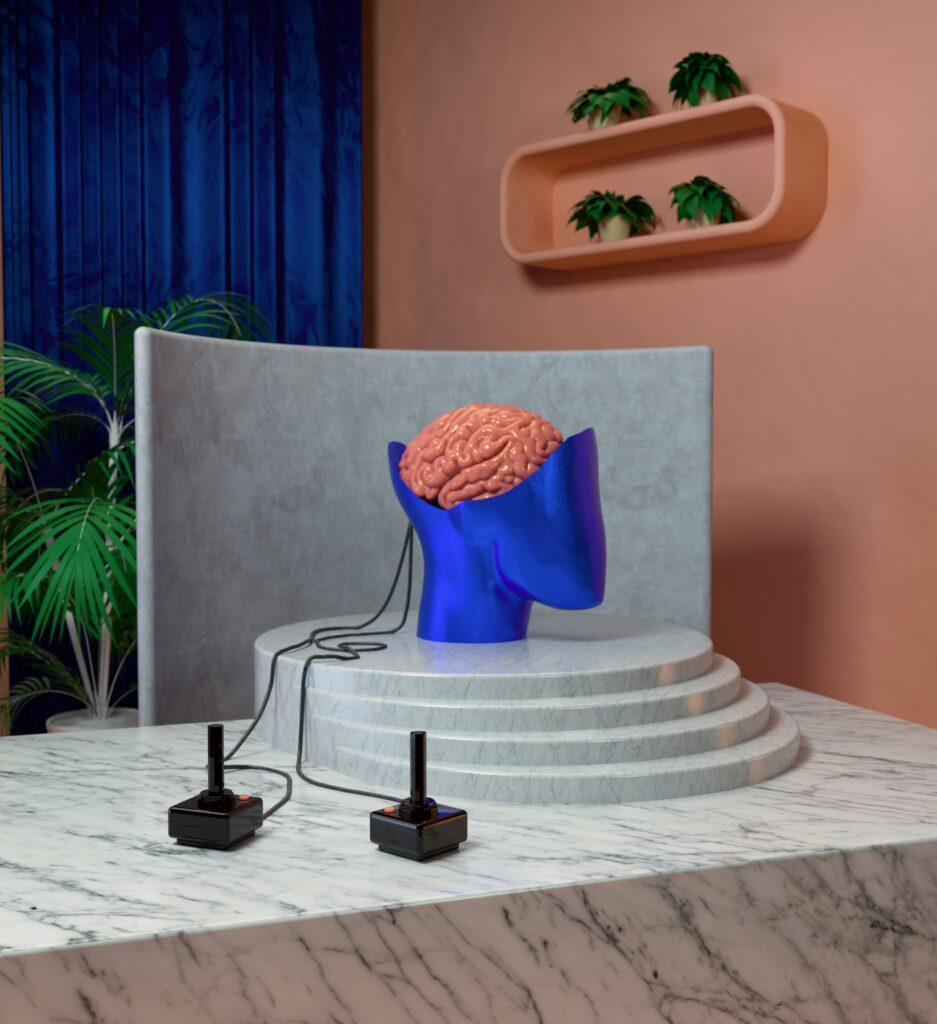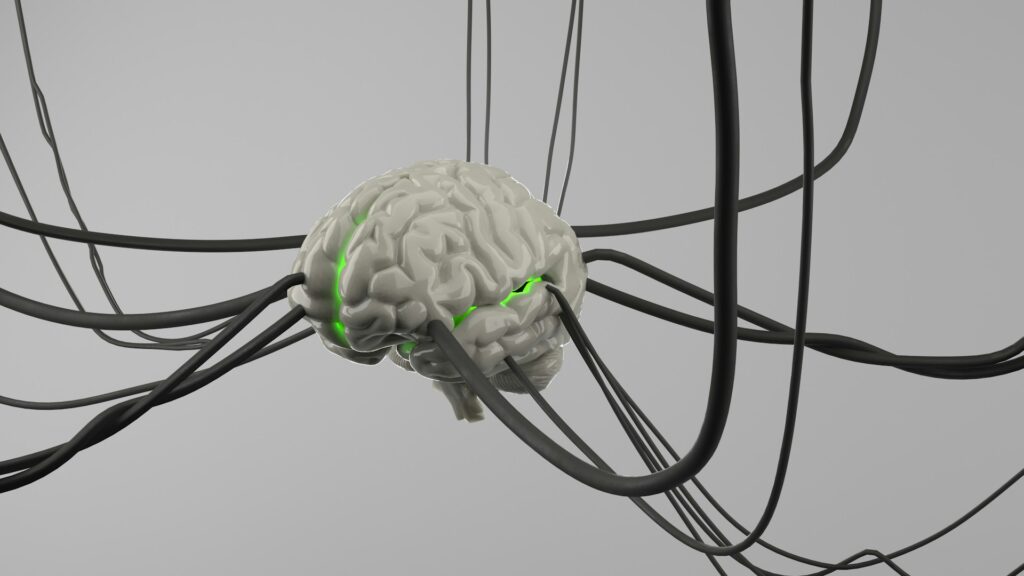This post is also available in Dutch .
The Basics of Brain Implants
Brain implants, or brain-computer interfaces (BCIs), are devices that connect directly to neural tissue. They record electrical signals from neurons and translate them into commands, allowing a person to move a robotic arm, type with their thoughts, or even control a cursor on a screen.
Reading Minds: From Thought to Text
Recent breakthroughs show that BCIs can reconstruct internal speech or imagined handwriting with stunning accuracy. In 2023, researchers at Stanford created a system that translated brain signals into text at over 60 words per minute—approaching normal conversation speed. While this doesn’t mean we can “read thoughts” freely, it’s a giant leap for people who are unable to speak due to paralysis or ALS.
A 2025 study in Human Brain Mapping uncovered the precise brain synchronisation patterns involved in language control, giving insight into how thought formation can be decoded by BCIs.
Controlling the Mind?
This is where things get tricky—and ethically loaded. BCIs can stimulate parts of the brain, influencing movement, perception, or mood. Deep brain stimulation (DBS), for example, is already used to treat Parkinson’s disease and depression. But does this count as “mind control”?

Not quite. The person still has agency. While external devices can nudge the brain in certain directions, there’s no evidence of implants forcing someone to act against their will. The feeling of agency is more related to the functional connectivity of the brain, rather than short term localised stimulation. Indeed, people with Parkinson’s disease actually report an increase of experienced control when treated with neurostimulation.
More Than the Brain?
Interestingly, some research points to the gut playing a role in mood and cognition through the “gut-brain axis.” A 2025 article in Scientific Reports noted that gut bacteria can influence the brain via immune and neural pathways. That suggests mind control might be broader than just neural implants, it could include diet and microbiome modulation.
Conclusion
So, can brain implants read and control our minds? They can interpret brain signals with increasing precision and influence certain functions. But full mind reading or control remains in the realm of science fiction – for now. The technology is awe-inspiring and promises to transform medicine, but with it comes a need for careful ethical oversight and public discussion.
Author: Vivek
Translation: Wieger
Header image by Bhautik Patel from unsplash.com
